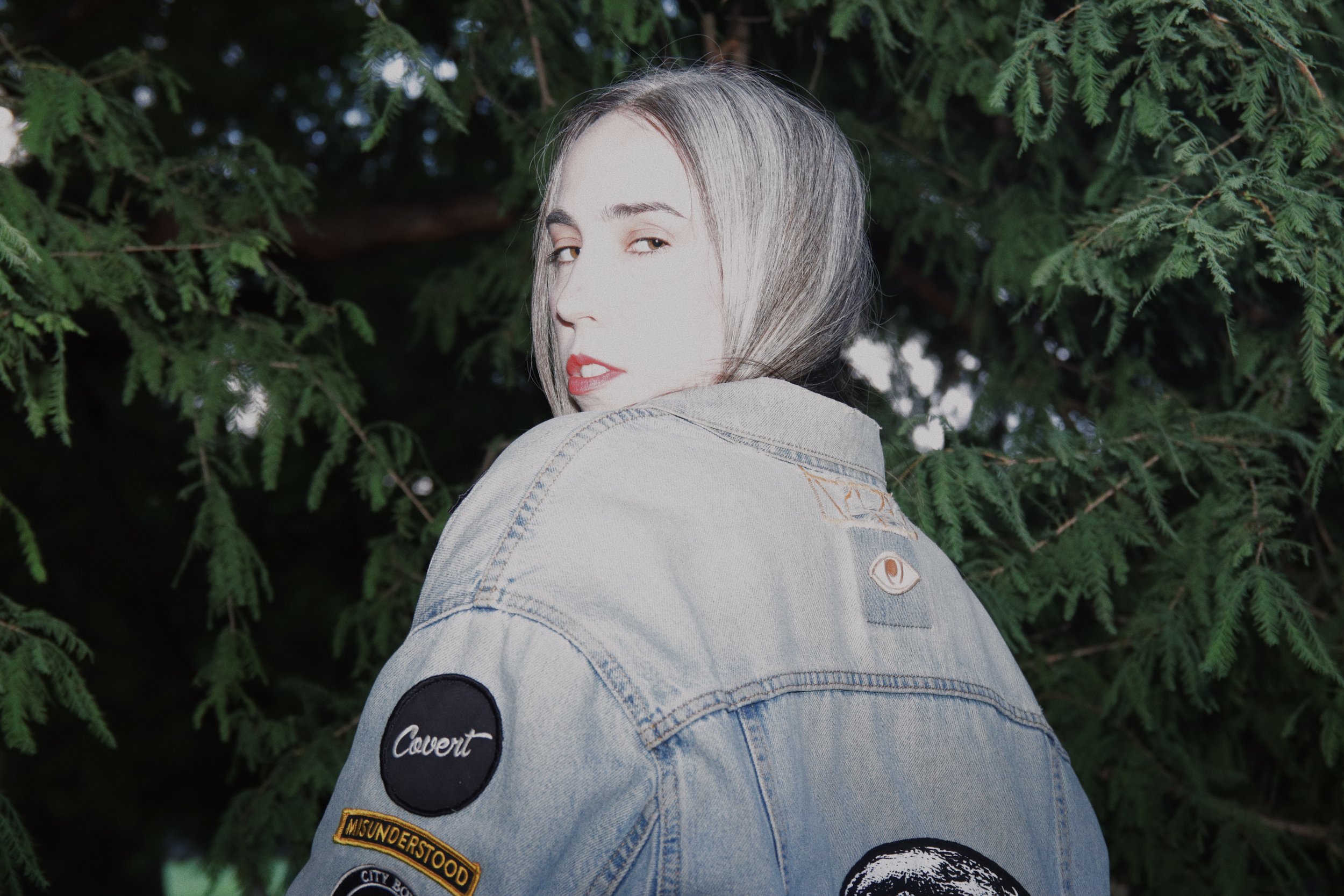Puck Finds Their Sound on Personal, Transformative Debut LP ‘Best Friend’
IT ONLY MAGNIFIES THE DIFFICULTY OF FINDING YOUR VOICE AS A MUSICIAN — to spend your days playing behind some of the biggest names in the industry. Puck knows this reality intimately, having spent over a decade as a keyboardist for various artists across some of the biggest stages in the world. With their debut LP, Best Friend, the singer-songwriter is ready for their moment on center stage.
“I got to the point where I needed to release this for myself,” Puck explained. “I find a lot of pleasure in collaborating and playing music with others, but what really took so long was becoming confident in myself, allowing myself to make this art.”
Embracing every genre from folk and jazz to distorted impressionistic synth rock, Best Friend explores Puck’s emotions over the near decade since they began writing it. Throughout this process, they experienced a rediscovery of their love for music despite the trauma that constantly surrounded them.
“In the beginning, singing and writing music was something that I did in secret with myself — I kept it really close because it felt very intimate,” they said. “A shift happened after I realized that I was in an abusive relationship. It felt like I had the floor fall out from under me, and one of the ways I was able to build a ladder for myself and heal was through writing these songs.”
Over the 10-song LP, Puck brings listeners along on this journey, in both healing from domestic abuse and attempting to understand the social structures that enable it.
“The song ‘Best Friend’ was the first time that I was able to afford all the complexities of my situation together and hold the heartbreak I was going through, as well as the very real truth that it was not a good, safe situation,” Puck said. “The song ‘Woman’ has a lot of poetry that tries to imagine the beginning of the patriarchy because so often, I think, we get lost in a type of feminism that says we have to break through the glass ceiling. I think about how this structure that we’re in was built to benefit white cis men, so why not, instead of breaking though the glass ceiling, just exiting the building into the sky.”
Powerful not only in its lyrics, the instrumentation on the album elevates every song. Puck’s moving piano, accompanied by hypnotic bass lines, a beautiful string quartet, and meticulously designed drum beats creates a sound that cannot help but pull listeners in.
The instrumentation morphs throughout the LP to mirror Puck’s mental state, slowly coming apart then back together. Beginning with catchy songs that exemplify both R&B and folk influences, the music slowly distorts song by song, completely coming apart in the six-minute instrumental track “You,” halfway through the album.
“In the opening songs on the record I manipulated all of the drum hits so that they would be perfect in time,” Puck explained. “The theory behind that was that it is from the perspective of early in my relationship when I thought things were perfect, so I wanted to build this pseudo-perfect world using hyper-samples and manipulating time. As the record unfolds, and by the end, it’s almost untouched, time is less and less manipulated as I kind of realize the relationship that I'm in and come to terms with that.”
Excited to share this music with the world, Puck hopes that it finds its way through to everyone, but especially the audience that needs it the most.
“I always return to moments that I've had where the radio is on and it’s some top 40 song I haven't heard, but they’ll say something in the chorus that will just hit me, it'll be something that I'll be going through … Maybe it's [something] so intimate that I'm not comfortable talking with any friends about yet,” they said. “It’s like an elixir for me. The songs on this album were elixirs for myself [and] for my own healing, and I hope they can be that for other people.”
CONNECT WITH PUCK
SPOTIFY
-
weekly tunes playlist has been updated! new tracks from @furtradeband, @pecqband, @garryfool & more! check it out! https://t.co/ToFU0R6YGo
-
RT @oliviaborch: new @LunaCollective out todayyy shot by @alltookev ✨ @P1H_official editorial design by me ! https://t.co/cvSCKsWB5D
-
RT @rlyblonde: @AnnieDirusso for @LunaCollective shot by me #35mm #portra800 https://t.co/0UUJSCBGcH





